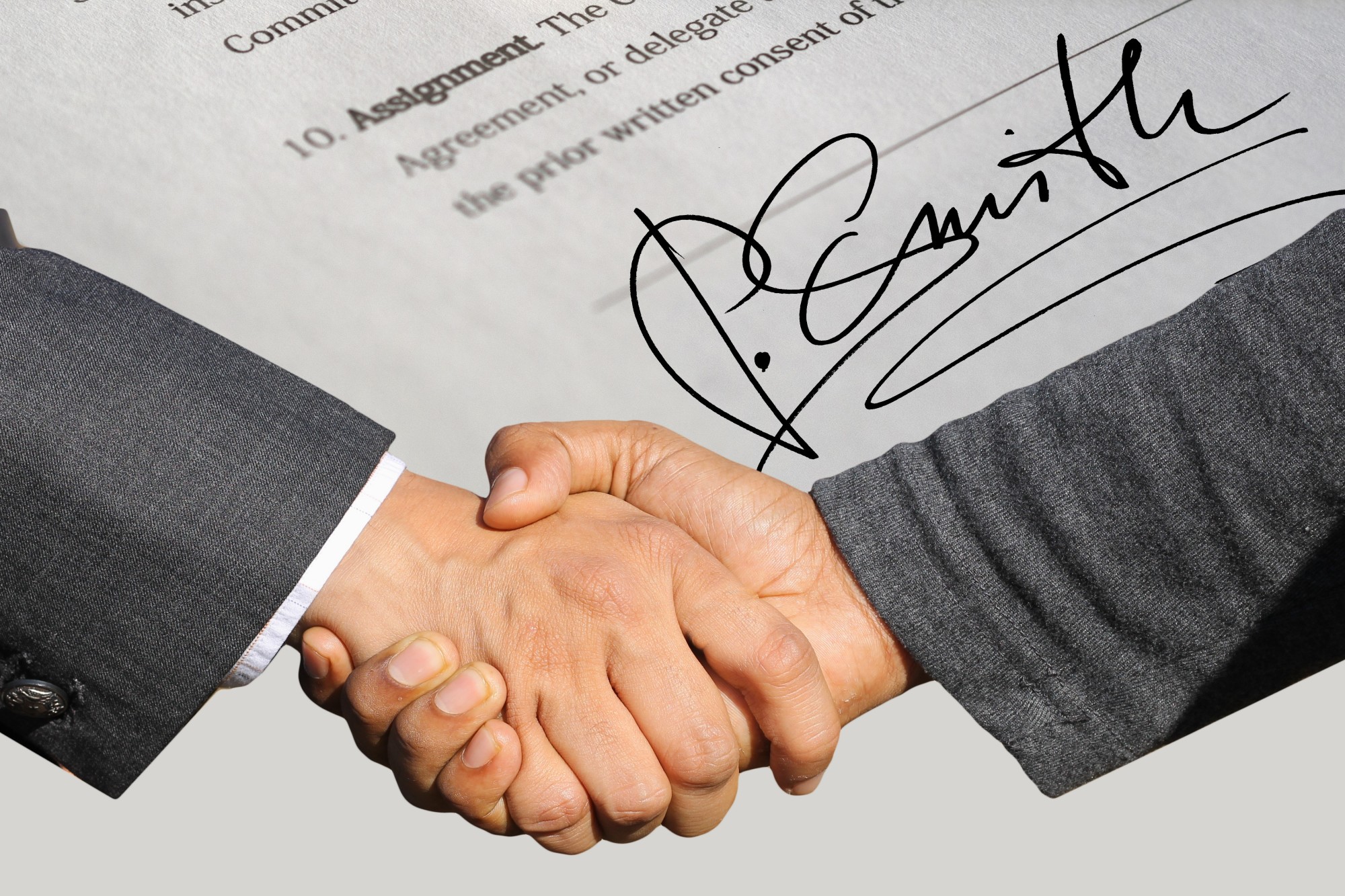 In Florida, state law protects consumers from deceptive business practices. The Florida deceptive and unfair business practices law is called “FDUTPA”, which stands for Florida’s Deceptive and Unfair Trade Practices Act. FDUTPA was enacted to protect consumers and legitimate businesses from those who engage in unfair methods of competition, or unconscionable, deceptive, or unfair acts or practices in the conduct of any trade or commerce.
In Florida, state law protects consumers from deceptive business practices. The Florida deceptive and unfair business practices law is called “FDUTPA”, which stands for Florida’s Deceptive and Unfair Trade Practices Act. FDUTPA was enacted to protect consumers and legitimate businesses from those who engage in unfair methods of competition, or unconscionable, deceptive, or unfair acts or practices in the conduct of any trade or commerce.
What this means is that consumers, and businesses that act like consumers, are protected from things like fraud, misrepresentation of facts, false advertising, and other deceptive business practices.
To establish a claim under the Florida deceptive and unfair business practices law, a plaintiff must prove three elements: (i) a deceptive act or unfair practice; (ii) causation; and (iii) actual damages. The second element, causation, is the most difficult to prove.
“Causation” means that a plaintiff must prove that they endured actual damage as a result of the deceptive business practice. It isn’t that difficult to show that you sustained damage, after all, damages in this context include pure economic loss. So, if you had a loss of profits because of a business’s false advertisement, for example, you can show damages. However, showing that those damages were caused by the unfair business practices will prove a little more trying.
A popular defense to a FDUTPA action is to attack the causation element. For example, the defendant might claim that the plaintiff would have sustained the damages even if the defendant hadn’t used deceptive or unfair conduct.
For example, imagine a Plaintiff who sees an advertisement for genuine mink coats for $100 each. Plaintiff immediately locates Buyer to resell 10 coats to for $200 each. Because of the advertisement, Plaintiff now expects to make $1,000 off the mink coat resale transaction. When Plaintiff gets to the mink coat store, he is disappointed to find that the mink coats are in fact not genuine, but instead a cheap knockoff.
Meanwhile, Buyer found another source for mink coats and, without telling Plaintiff, decided not to purchase from Plaintiff. Plaintiff sues the coat store under FDUTPA to retrieve the $1,000 profit he expected. Now, Plaintiff will have a very difficult time showing that the store caused Plaintiff to lose $1,000 in lost profits when Buyer had already “walked away.” That is, Buyer likely would not have bought the coats even if the business had sold plaintiff genuine coats at $100 each and hadn’t engaged in false advertising.
If you have any questions about a business’s trade practices or have any other questions about business law or business litigation, please contact one of our business litigation attorneys today to set up a consultation to determine what damages may be available to you.





